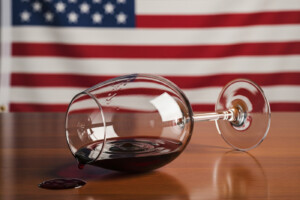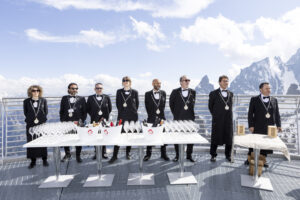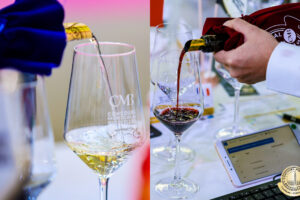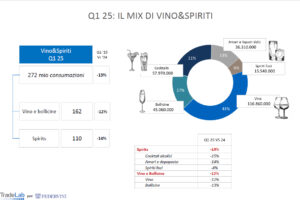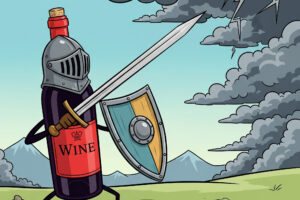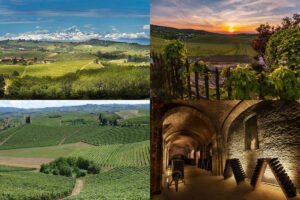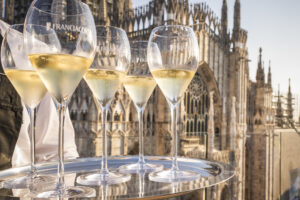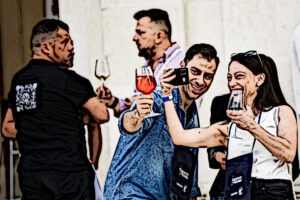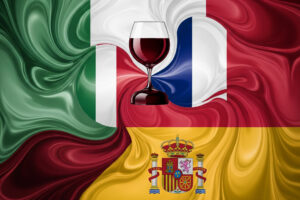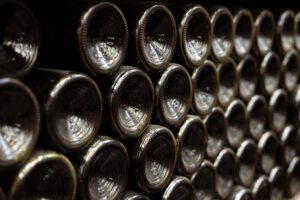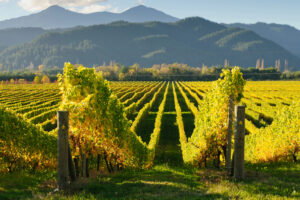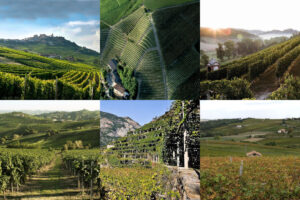Part of Italian history and its people, the Italian food and wine, which in its many expressions have been almost always created “by the community”, important elements of the Italian identity, able to represent the best of the Belpaese in the world. And to tell the complexity of our enogastronomic heritage is not a problem, but a value, provided that we do not complicate the messages more than necessary. This is the thought, to WineNews, of Beppe Severgnini, the leading name in Italian journalism, signed by the Corriere Della Sera and the International New York Times and author of several books that analyze “being Italian”, from “you bacome an Italian” to “you remain an Italian”, in its evolution, looking at the media, lifestyles, but also at the plate and the glass.
“Food and wine are an important part of our identity - says Severgnini, from Collisioni in Barolo - is not a commonplace. Unlike other countries, such as France, where gastronomic traditions were born in the courts and then spread among the people, Italian products have almost always started from below: they are “bottom-up”, and this is their true strength. Wonderful food, as well as wine, and all their declinations have its roots in the “popular” tradition, which if not overused, is a beautiful word. Italian wine and food are popular products, which perfectly tell the story of the Italian people, who unfortunately do less intelligent things, but food and wine are really formidable, I wrote it in many books and said in many countries around the world”.
Speaking of books, food and wine were included in “you become an Italian”, and they also in Severgnini’s latest publication, “you remain an Italian”. “Which has been translated into 15 languages, has become a best seller in the U.S. and Germany, and several times I found myself explaining these things. I have no merit - says Severgnini - I am an observer, an Italian in love with Italy, even if I travel the world, and I am proud of it. We must be careful, however, that the show corresponds to the content. There are some drifts, including television, in this world, which are risky. The form must always respond to the content: you have to tell the wine very well, but it must be really good. The food has to be engaging, fun, but the job has to be behind it. In my opinion, is beginning to happen what happened in other fields: I wonder how certain chefs can work, study, grow students if they are always on television. It’s like a writer who spends his time in Collisions. Here it’s wonderful, but every now and then one will also have to close oneself off somewhere and write”.
Of course, we should ask one of today’s masters of communication whether those who tell us about wine, food, territories and their stories are doing it well, or whether there is something to review.
“I think we are good, but we should work more abroad, refine the message and maybe simplify it. In the publication for the 90 of the “Corriere Vinicolo”, for example, they re-proposed a piece I had written, in which I asked myself why we could not find a common name for Franciacorta, Trentodoc and other sparkling wines to define a method, we resorted to Champenoise, which is a parody of Champagne, and then, of course, we had to stop using it. It’s a problem because even if some brands are very important, such us Ferrari, which I also know for my friendship with the Lunelli family, it’s the union that makes the strength. And if you go with so many different brands, then there comes a Prosecco, which perhaps does not have the same quality as other sparkling wines, but a unique name. It has become “a Champagne that costs less”, according to many in the world, and is a scary market. It was a small missed opportunity: I think that the volumes of Berlucchi, Ca’ del Bosco, Ferrari, to mention a few of the best brands ever, could be better. Abroad people ask for “a glass of Champagne”, or “a Prosecco, please”, it is hard to hear any more. If you want to break through in Philadelphia or Mumbai, there’s work to be done on marketing. So, on the one hand, simplicity, but also diversity, because in Italy we try to enhance biodiversity, the many native varieties and so on. “Simplicity and complexity are not two words that contradict each other. The opposite of simplicity - explains Severgnini - is complication, which must be avoided at all costs. Complexity, on the other hand, fortunately, exists: let’s just think of Barolo, it’s a world that you never stop to discover and explore. Long live complexity, but if we complicate it by telling it, we score our own goal”.
Copyright © 2000/2025
Contatti: info@winenews.it
Seguici anche su Twitter: @WineNewsIt
Seguici anche su Facebook: @winenewsit
Questo articolo è tratto dall'archivio di WineNews - Tutti i diritti riservati - Copyright © 2000/2025











